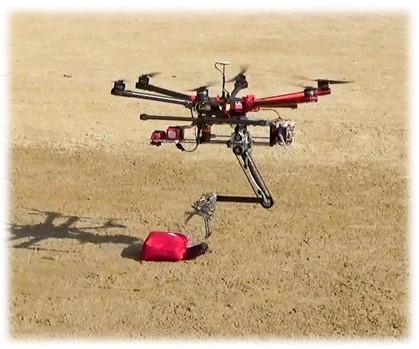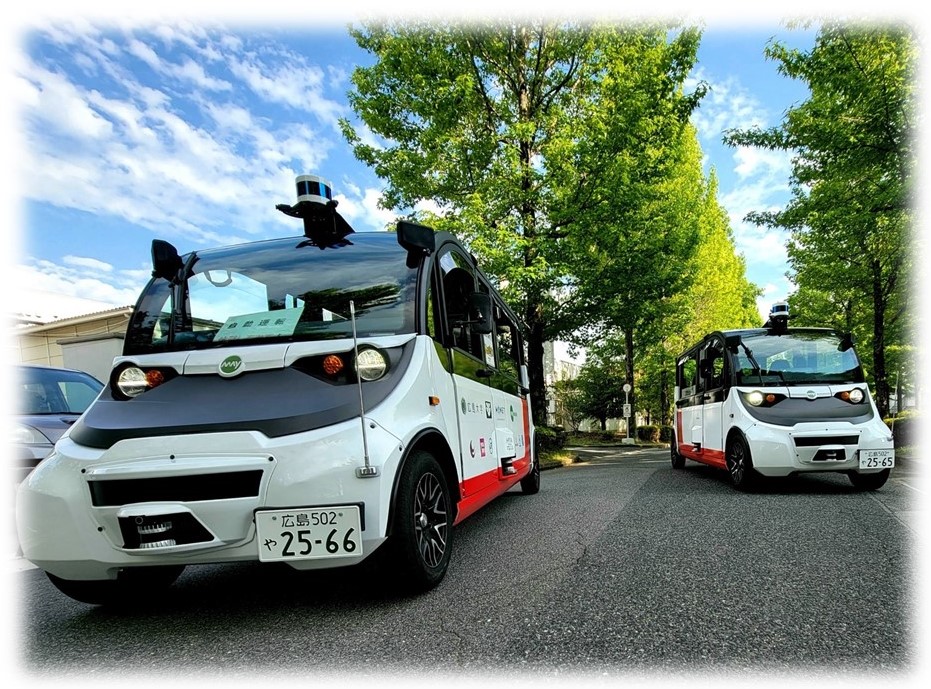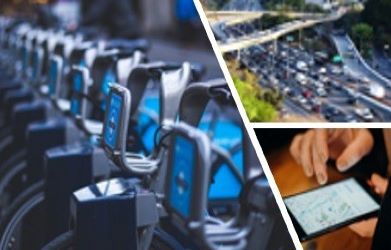Education and research at the Graduate School of Innovation and Practice for Smart Society is centered on the six areas of research that have been highlighted as the main research fields for Society 5.0: Cyber Physical System, Smart Mobility, Smart Energy, Smart Agriculture, Global Health and Medical Science, and Social Innovation Science. By linking and integrating these areas, the School trains globalized individuals who will be responsible for the realization of smart societies.
Cyber Physical System
This area of research covers sensing and network technologies that acquire and collect data from the physical world, AI analysis technologies that derive predictions and knowledge from data, and control- and robotics technologies that project these findings into the physical human world, as well as the advancement and social implementation of various cyber-physical systems that meet social demands.
Working toward the realization of smart societies in which cyberspaces and physical spaces are closely linked, this research area addresses topics related to practical scientific approaches in collaboration with other research fields, including AI field image analysis for smart agriculture, transportation infrastructure monitoring in disadvantaged areas, sampling robots for environmental assessments, and human enhancement interfaces for remote rehabilitation.

Smart Mobility
This research area analyzes AI big data that combines various spatiotemporal realtime information transmitted and collected from moving objects, ranging from cars and public transportation to pedestrians, as well as historical data on driving behavior, traffic jams, CO2 emissions, accidents, and disasters. It also examines systems and planning for mobility associated with socially optimal solutions for regional economic development and quality of life improvements.
Through interdisciplinary collaboration with other research fields, this research area addresses topics related to practical scientific approaches, including MaaS system development in collaboration with regional medical care, operating sustainable modes of transportation using biofuels, and the development of methods for achieving consensus in policymaking based on traffic flow simulations.

Smart Energy
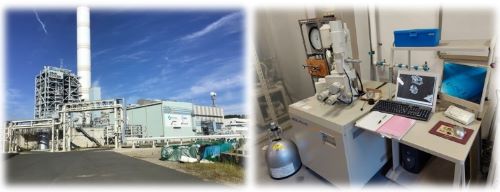
This research area covers energy control and planning that can generate socially optimal solutions with the aim of improving regional economic development and quality of life, by improving the efficiency of energy usage systems, converting and storing fluctuating energy, effectively using biomass energy, and understanding energy and environmental issues from a social science perspective, in order to achieve carbon neutrality in terms of energy use.
Through interdisciplinary collaboration with other research fields, this research area addresses topics related to practical scientific approaches, including the development of energy fluctuation absorption systems linked with MaaS systems by electric vehicles, local systems for production and consumption of nitrogen fertilizers linked with solar sharing, and the development of methods for achieving consensus in policymaking based on low environmental impact energy use simulations.

Smart Agriculture
This research area deploys mechanical engineering and robotics technologies to devise new technological systems for food resources, centered on biology and environmental science that incorporates sensors and analytics through information and AI technology. Research in this area specifically develops technologies to facilitate real-time monitoring of livestock and crops in agricultural production, and to increase the production of livestock and crops based on that information. In the context of fisheries, this will involve research to facilitate the sustainable use of marine resources by monitoring and simulating both aquaculture and resource management. In the context of food products, research entails the development of safe food production and foods with health-improving properties.
In addition to the perspectives detailed above, adding socio-economic perspectives to the agricultural field will enable researchers to engage with research topics that can contribute to a vertically integrated understanding of food resources and resolve issues related to sustainable global food production.
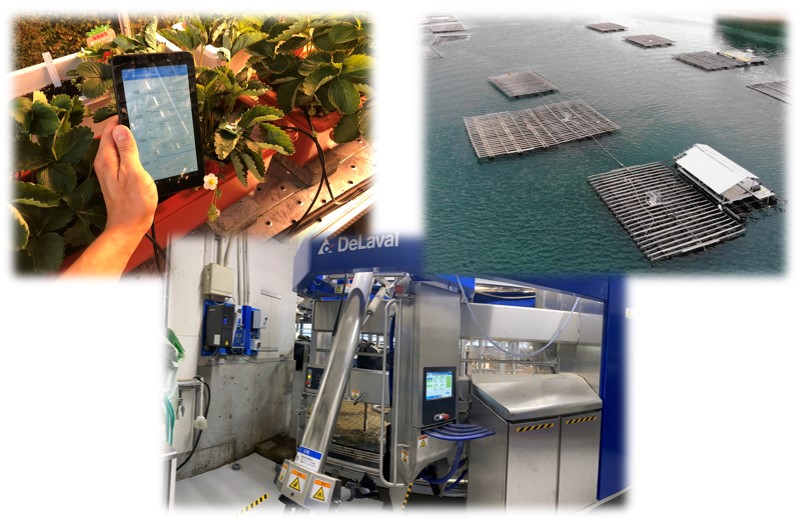
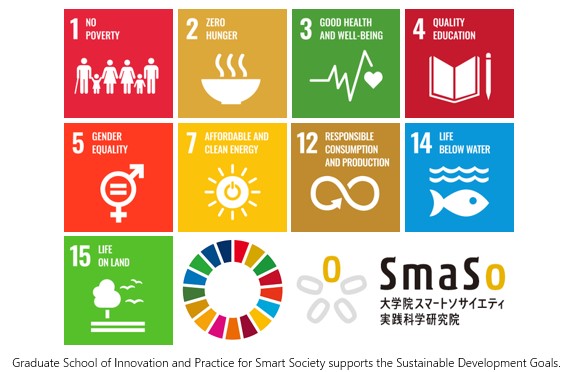
Global Health and Medical Science
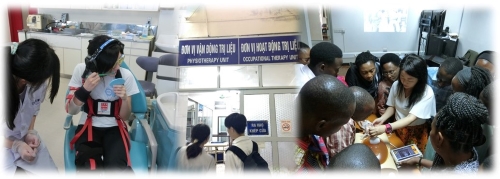
This research area work examines topics in international medical health related to the concept of Society 5.0 and rooted in the “healthy lives and wellbeing for all” SDG, through collaborations with other research fields.
This research area engages in regional issues with a global perspective, is based on the most recent trends in science and technology, and examines research topics that can contribute to the realization of smart societies, including new medical and health-related policies in other countries, telemedicine and remote rehabilitation using ICT, rehabilitation using robotics based on engineering methodologies, and the use of robotics in social care.
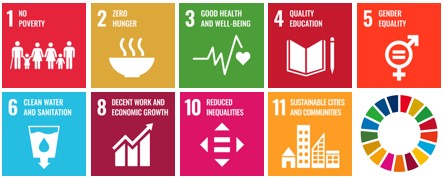
Social Innovation Science
This research area includes new policymaking, development, implementation, analysis, and evaluation backed by evidence-based policymaking to ensure social innovation, and the implementation of governance on the basis of that research. Research in this area seeks to leverage digital information analysis technologies, such as AI and machine learning, as researchers acquire expertise in immediate and quantitative decision-making science-based methodologies.
This research area addresses topics related to practical science with a strong connection to social innovation, through interdisciplinary collaboration with other research fields and through seeking to change human behavior relating to energy selection and consumption, food resource management, and health maintenance and promotion.



 Home
Home